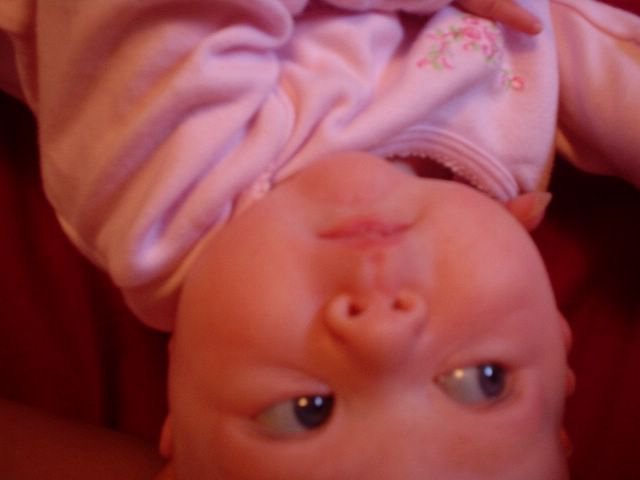World magazine recently published an article about Julie Rodgers, a new counselor at Wheaton college.
Rodgers is open about her gay orientation, as well as her commitment to chastity. Combined with her other qualifications, this makes her especially well suited to help Christian students navigate their experiences of same-sex attraction. As we all strive to become more like Jesus, it's incredibly valuable to spend time with mature believers who can show us what that looks like in various different circumstances. I'm glad that Wheaton is committed to providing gay students with a vision of holiness and human flourishing.
This is oddly controversial, though.
The World article cites the concerns of a former lesbian, now in a heterosexual marriage: if we affirm the work of God in the lives of celibate gays, aren't we denying his power to change people?
No.
Holy matrimony is holy. Holy singleness is holy.
If we're going to get into a rumpus over who's holier than whom, St. Paul says that singles are better suited for Christian service. But he also warns us not to play that kind of game.
We are many members of one body: marriage itself teaches us this, being built upon the generative power of unity and difference. The mystery of marriage confirms the teachings of Jesus and Paul. It is good that some people marry, and some people don't.
Just as the human race cannot survive unless some people are male and some people are female, I'm firmly coninced that we can't have healthy churches and communities unless some people are married and some people are single.
God is in the business of transforming sinners and making us holy. For some of us, marriage is part of this process. For others, it isn't. But all of us are called to love and value brothers and sisters who have different callings.
Scripture is unambiguously clear on this point. Holy celibacy is holy. And as Christians, we aren't permitted to take what God has declared to be holy, and call it dirty.
But there's another concern. If we affirm that celibate gays have a valuable role in the church, then doesn't that open us up to the idea that God didn't necessarily make everyone male or female, but might have also made some people in between?
No.
No, it doesn't.
And if did, it wouldn't matter. People are more important than ideas, even when those ideas are very important ones.
This doesn't mean that we can't ask people to do hard things. But it does mean that when people faithfully do those hard things, we can't turn around and reject them so as to avoid confusing people. That issue was settled long ago, when Paul told Peter that he had to eat with the gentile Christians, no matter how bad that looked to some of the Jews. To do otherwise is to reject the work of Christ.
As it happens, Wheaton's decision to hire Julie Rodgers has little do with whether or not God made people who are neither male nor female.
Gayness is not the same thing as being neither male nor female, and affirming
people like Wesley Hill and Julie Rodgers doesn't imply anything at all about whether or not God has made people who don't fit these categories.
But at any rate, I fail to see the earth-shattering implications of God's sovereign
choice to make people like that.
Reproduction is an important part of who we are as humans. It's how we all got here, and it's predicated upon the male/female duality.
But not all of us physically reproduce.
Not everyone is physically capable of reproduction, and not everyone is born with a standard reproductive system with a clearly identifiable sex. Some have even made themselves eunuchs for the kingdom.
This is okay, and more than okay. This is part of God's sovereign plan to make us into one body with many members.
Don't reject the work of Christ.
Vasile Voiculescu
1 day ago





No comments:
Post a Comment